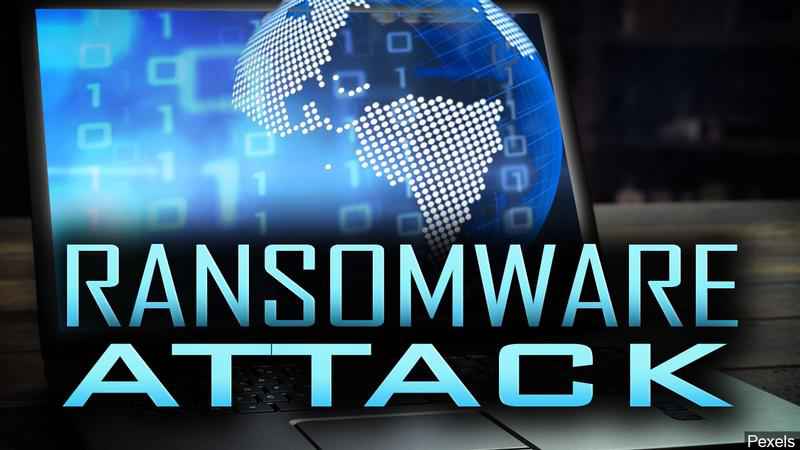Irish health system struggling to recover from cyberattack

[MGN Images]
Ireland’s health system was still struggling to restore its computers and treat patients on Tuesday, four days after it shut down its entire IT system in response to a cyberattack.
Thousands of diagnostic appointments, cancer treatment clinics and surgeries have been canceled since a ransomware attack on Friday.
Health Service Executive chief clinical officer Colm Henry said Tuesday that the attack had had "a profound impact on our ability to deliver care" and has also shut down the system used to pay health care workers.
Irish health system says it was targeted in ransomware attack
He told Irish broadcaster RTE that the disruptions would only "mount in the coming days and weeks."
Ransomware attacks are typically carried out by criminal hackers who scramble data, paralyzing victims’ networks, and demand a large payment to decrypt it. Irish officials say a ransom has been demanded but they will not pay it.
"There are serious concerns about the implications for patient care arising from the very limited access to diagnostics, lab services and historical patient records," the Health Service Executive said in a statement late Monday.
The health service said it was working methodically to assess and restore "approximately 2,000 IT patient-facing systems, each supported by infrastructure, multiple servers and devices.
"Our priority is keeping our patients safe and maintaining essential care and support services," it said.
Conti, a Russian-speaking ransomware group, was demanding $20 million, according to the ransom negotiation page on its darknet site viewed by The Associated Press. The gang threatened Monday to "start publishing and selling your private information very soon" if the money was not paid.
Ransomware attacks are an increasing problem for private companies and public bodies around the world.
T he Thai affiliate of Paris-based insurance company AXA and a public health provider in New Zealand were both dealing with ransomware attacks on Tuesday.
In the U.S., the nation’s largest fuel pipeline was hit with a ransomware attack earlier this month. The disruption of the Colonial Pipeline caused long lines at gas stations due to distribution problems and panic-buying, draining supplies at thousands of gas stations.